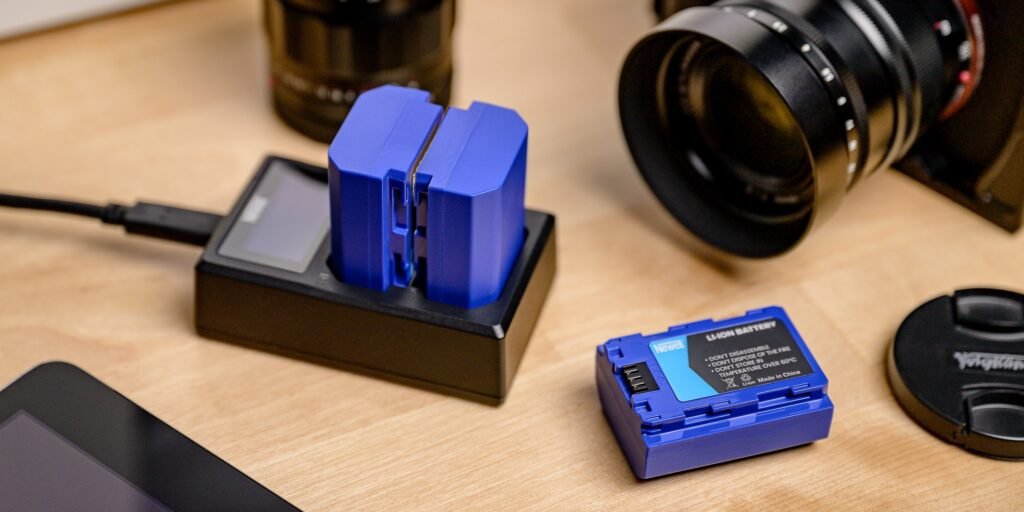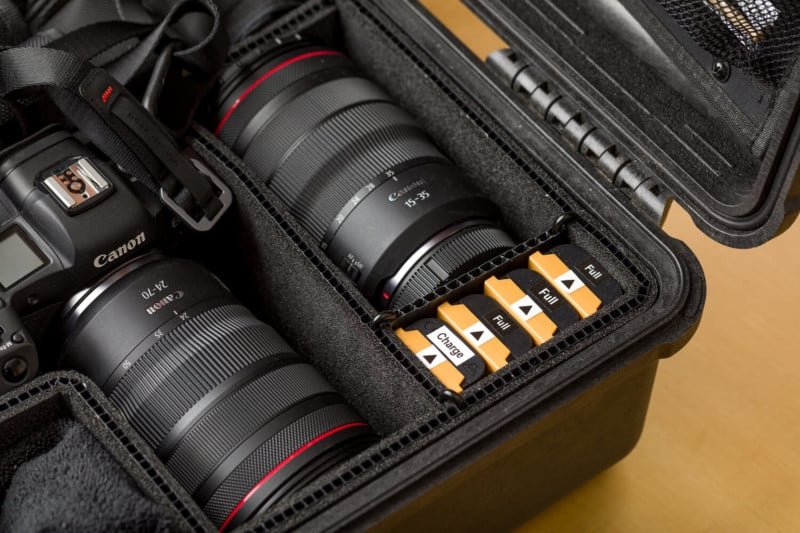Properly storing your digital camera batteries is crucial for maintaining their performance and extending their lifespan. Whether you’re an avid photographer or just use your camera occasionally, understanding how to store your batteries correctly will help you avoid unexpected issues. In this guide, we’ll cover the best practices for storing digital camera batteries to keep them in top condition.
1. Keep Batteries at the Right Temperature
Temperature plays a significant role in battery health. Storing your digital camera batteries in the right temperature range can prevent performance issues and prolong their life.
Avoid Extreme Temperatures
Ideally, store your batteries in a cool, dry place. Extreme temperatures, whether hot or cold, can negatively impact battery performance. High temperatures can cause batteries to overheat and degrade faster, while freezing temperatures can reduce their charge capacity. Aim to keep your batteries at room temperature or slightly cooler.
Use a Temperature-Controlled Environment
If possible, store your batteries in a temperature-controlled environment. This is especially important if you live in an area with fluctuating temperatures or high humidity. A climate-controlled room or a dedicated storage case can help maintain a consistent temperature and protect your batteries from environmental stress.

2. Store Batteries in a Dry Place
Moisture can be detrimental to battery performance and longevity. Keeping your batteries dry is essential for avoiding corrosion and ensuring they function properly when needed.
Use Airtight Containers
To protect your batteries from moisture, store them in airtight containers or zip-lock bags. These containers help shield your batteries from humidity and condensation. Ensure the containers are clean and dry before placing your batteries inside.
Avoid Humid Areas
Avoid storing your batteries in humid areas, such as bathrooms or basements. Excessive moisture can lead to corrosion and decrease the lifespan of your batteries. Choose a dry, well-ventilated location for storage.
3. Keep Batteries at a Partial Charge
Storing batteries at an optimal charge level can help maintain their health and prevent them from becoming fully depleted or overcharged.
Avoid Full Discharge
Avoid storing your batteries when they are fully discharged. A completely empty battery can become over-discharged, which might render it unusable. Ideally, store your batteries with a partial charge, around 40-60%. This helps prevent battery degradation and ensures they’re ready for use when you need them.
Check Charge Levels Periodically
If you store your batteries for extended periods, it’s a good idea to check their charge levels periodically. Recharge them if necessary to maintain the optimal charge level. Regular maintenance can help extend the overall lifespan of your batteries.
4. Use Battery Storage Cases
Using dedicated battery storage cases can add an extra layer of protection and convenience for your digital camera batteries.
Choose Quality Cases
Invest in high-quality battery storage cases designed specifically for your battery type. These cases often come with padded compartments and protective features that safeguard against physical damage and environmental factors. They also make it easier to keep your batteries organized and easily accessible.
Label and Organize
Label your battery cases to keep track of battery types and usage. This helps prevent confusion and ensures you always use the correct battery for your camera. Organizing your batteries in labeled cases can also help you monitor their condition and charge levels more effectively.
5. Avoid Storing Batteries in the Camera
While it might be convenient to leave batteries in your camera, it’s not always the best practice for long-term storage.
Remove Batteries When Not in Use
If you’re not using your camera for an extended period, remove the batteries. Storing batteries in the camera can lead to leakage or corrosion, which might damage your camera and reduce battery life. Remove the batteries and store them separately to avoid these issues.
Store in a Safe Location
Ensure the battery compartments in your camera are clean and dry before re-inserting batteries. Store your camera and batteries in a safe, dry location to prevent any accidental damage or exposure to adverse conditions.
Conclusion
Properly storing your digital camera batteries is essential for maintaining their performance and extending their lifespan. By keeping your batteries at the right temperature, storing them in a dry place, maintaining an optimal charge level, using dedicated storage cases, and avoiding long-term storage in your camera, you can ensure they remain in excellent condition. Implementing these best practices will help you avoid unexpected battery issues and enjoy reliable performance from your digital camera whenever you need it. Taking a little extra care with your batteries now will pay off in the long run, ensuring your camera is always ready for capturing those special moments.










